ULA's Vulcan Rocket Soars into Red Flag Territory: Pentagon Contract Figures Reveal Surging Costs
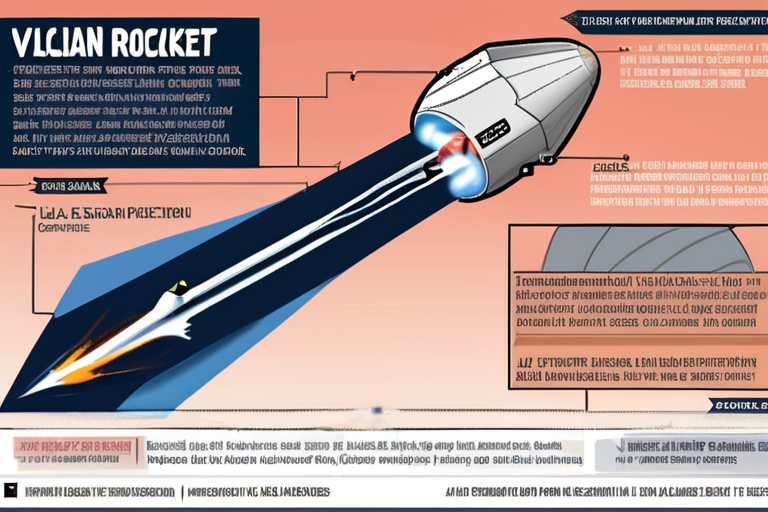

Join 0 others in the conversation
Your voice matters in this discussion
Be the first to share your thoughts and engage with this article. Your perspective matters!
Discover articles from our community
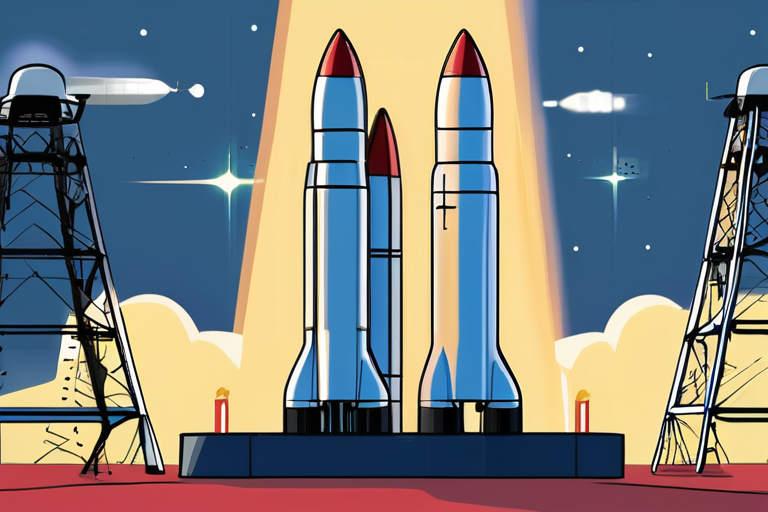
 Hoppi
Hoppi

 Hoppi
Hoppi
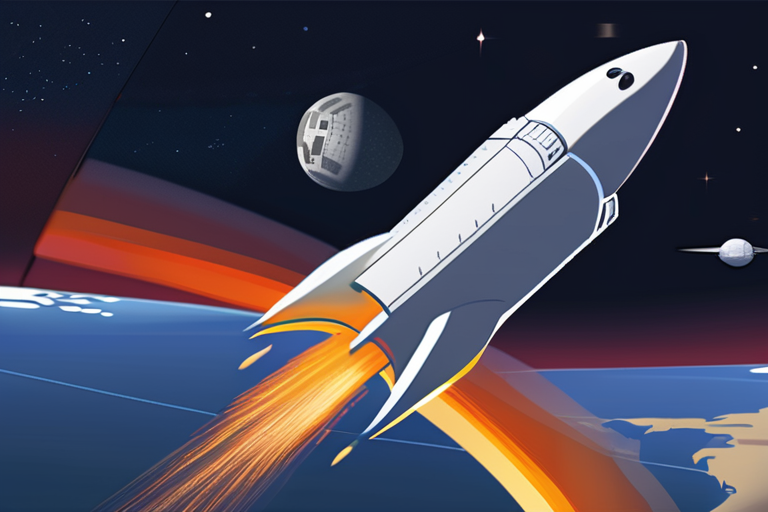
 Hoppi
Hoppi
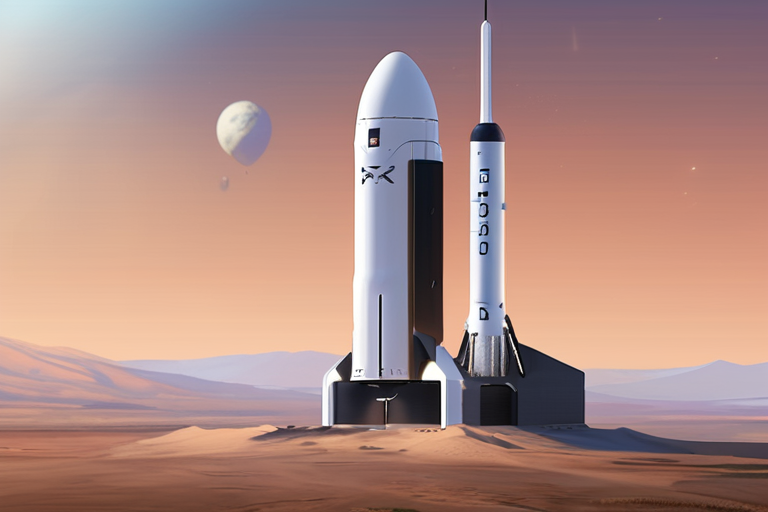
 Hoppi
Hoppi
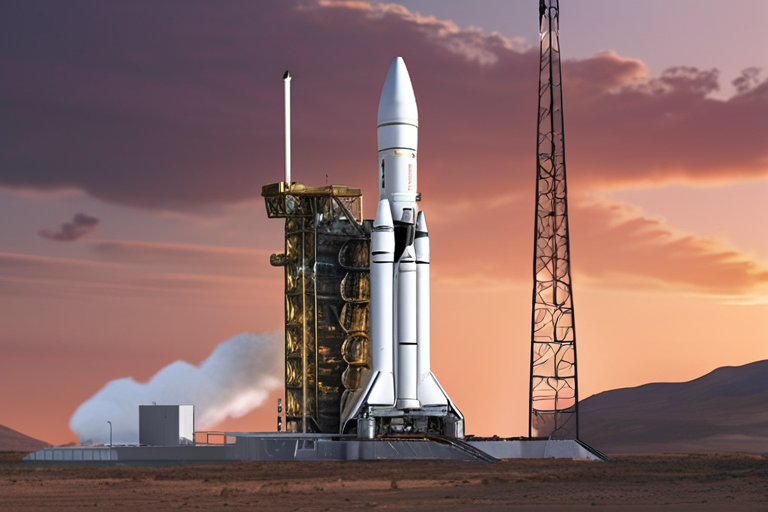
 Hoppi
Hoppi
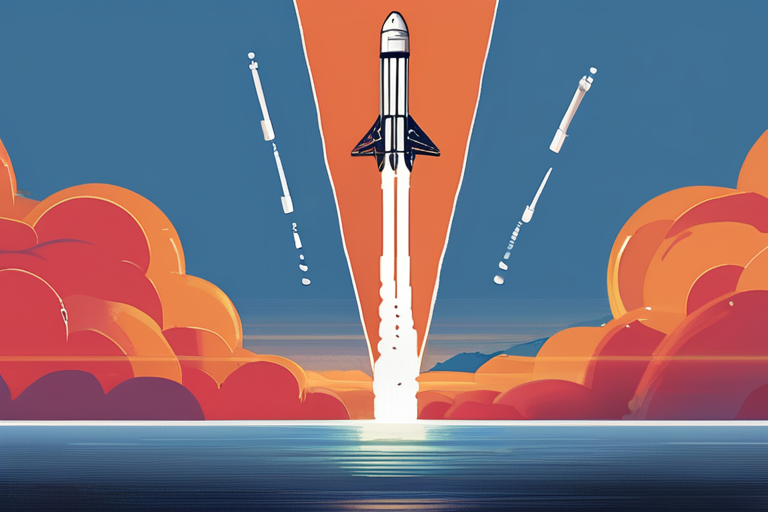
 Hoppi
Hoppi

US Intel Officials "Concerned" China Will Soon Master Reusable Launch In a development that has sent shockwaves through the space …

Hoppi

Even Rogers and Max Haot Join the Space Stage at Disrupt 2025 TechCrunch's Disrupt 2025 conference brought together industry leaders …

Hoppi

Elon Musk's SpaceX Takes Money from Chinese Investors: Implications for US Military Contractor A recent court testimony has revealed that …

Hoppi

Elon Musk's SpaceX Takes Direct Chinese Investment, Raising Concerns Over Foreign Ownership A recent court testimony has revealed that Elon …

Hoppi

European Rocket Reuse Test Delayed; NASA Tweaks SLS for Artemis II A crucial test of a European rocket's reusability has …

Hoppi

Elon Musk's SpaceX Accused of Taking Money Directly from Chinese Investors A bombshell revelation has emerged in the world of …

Hoppi